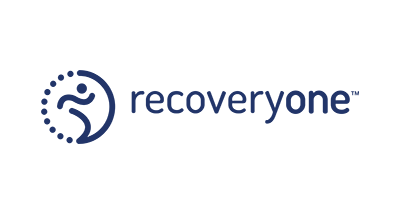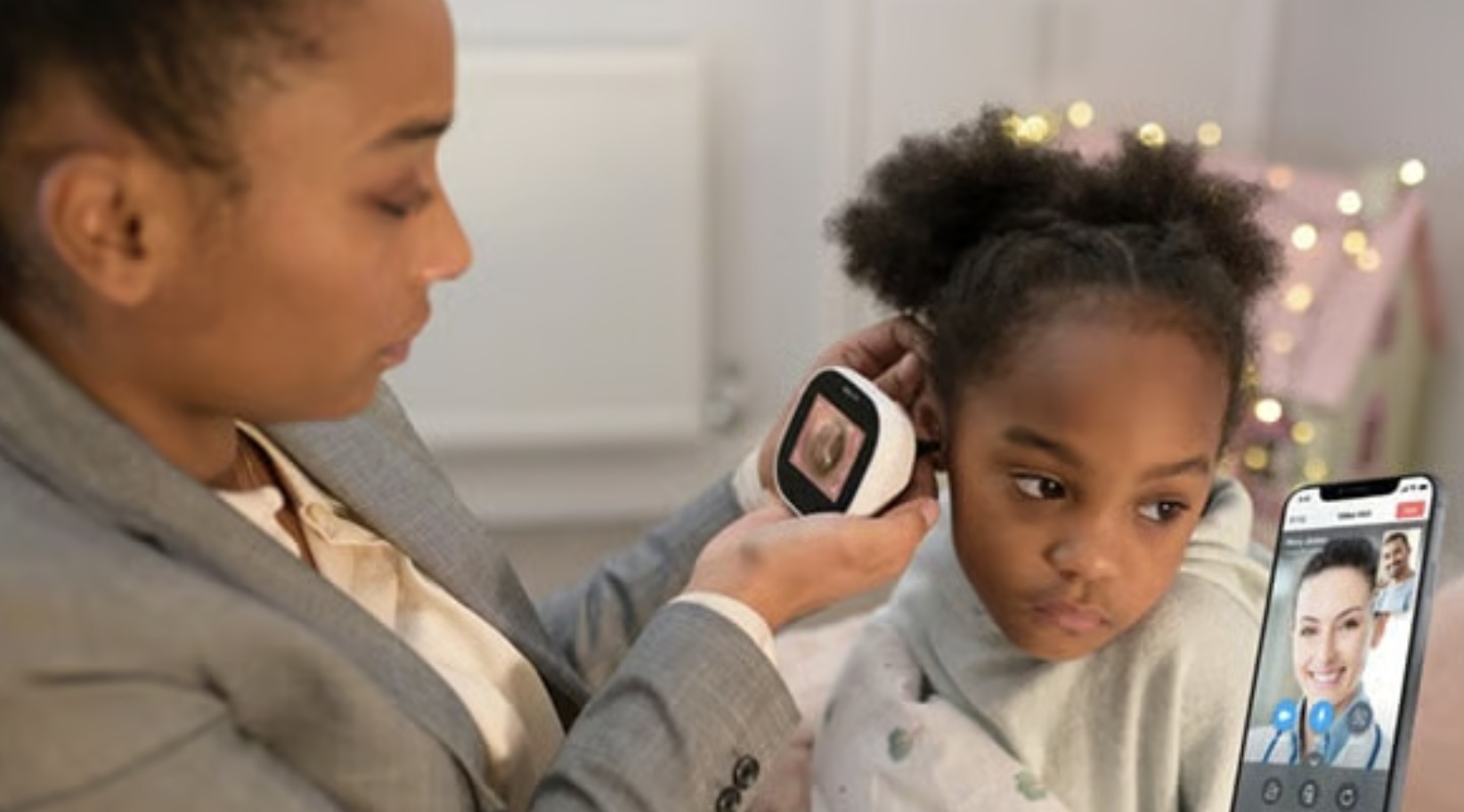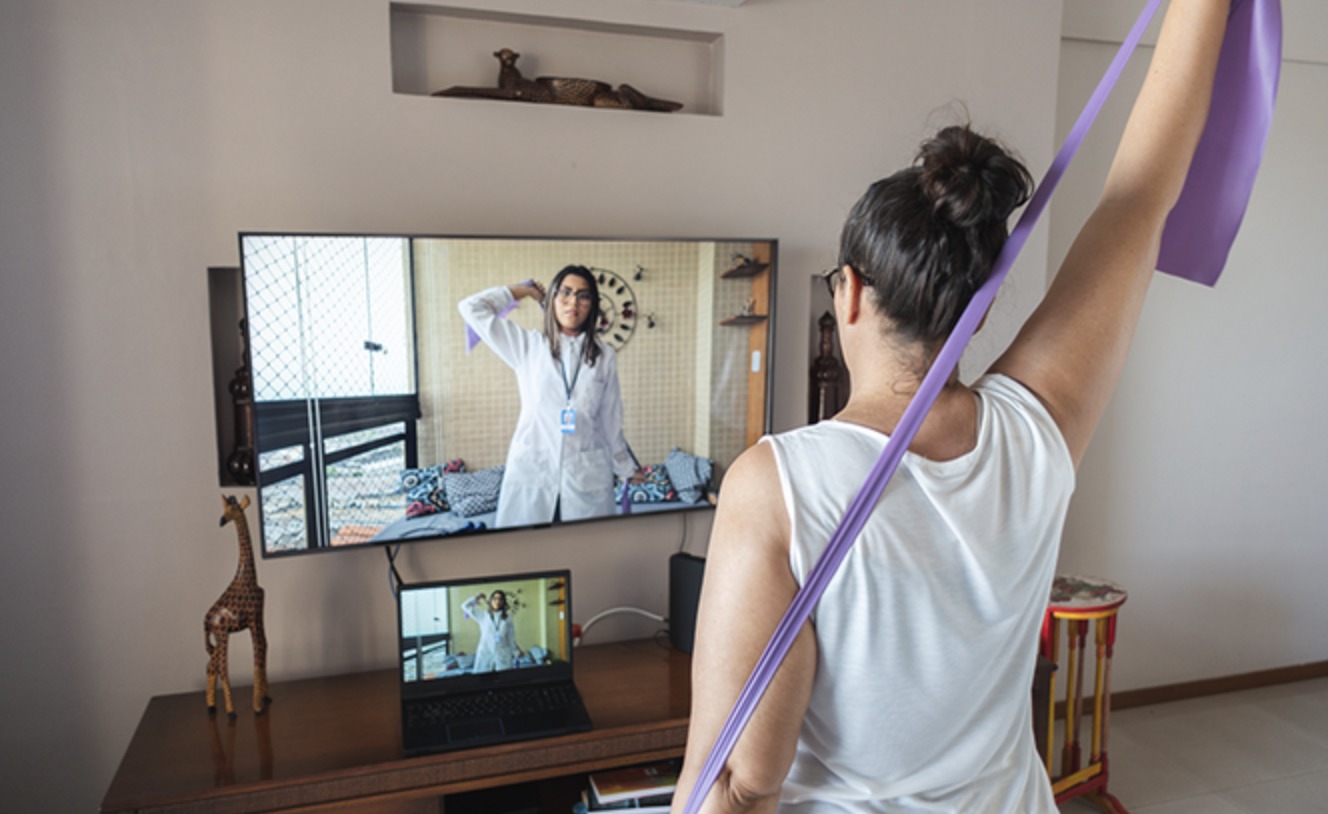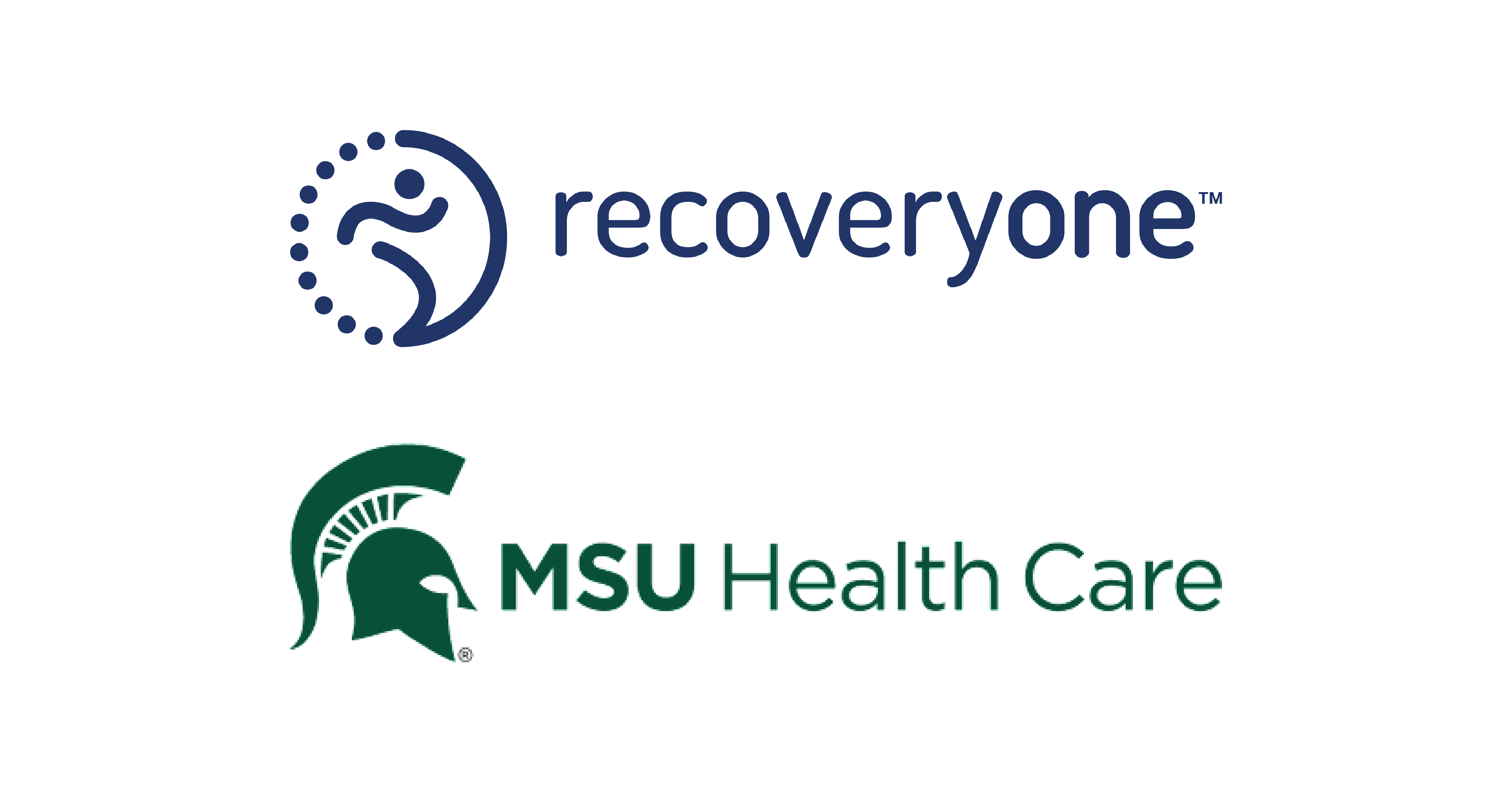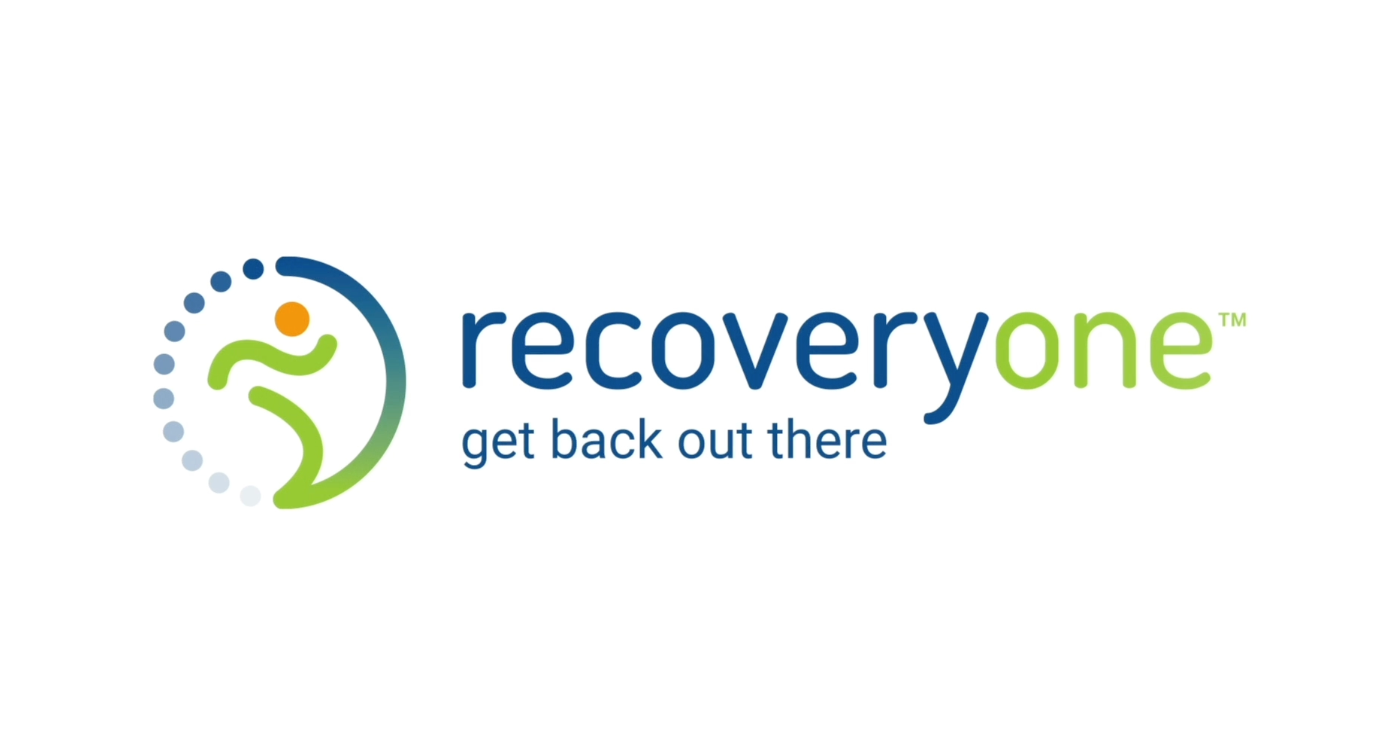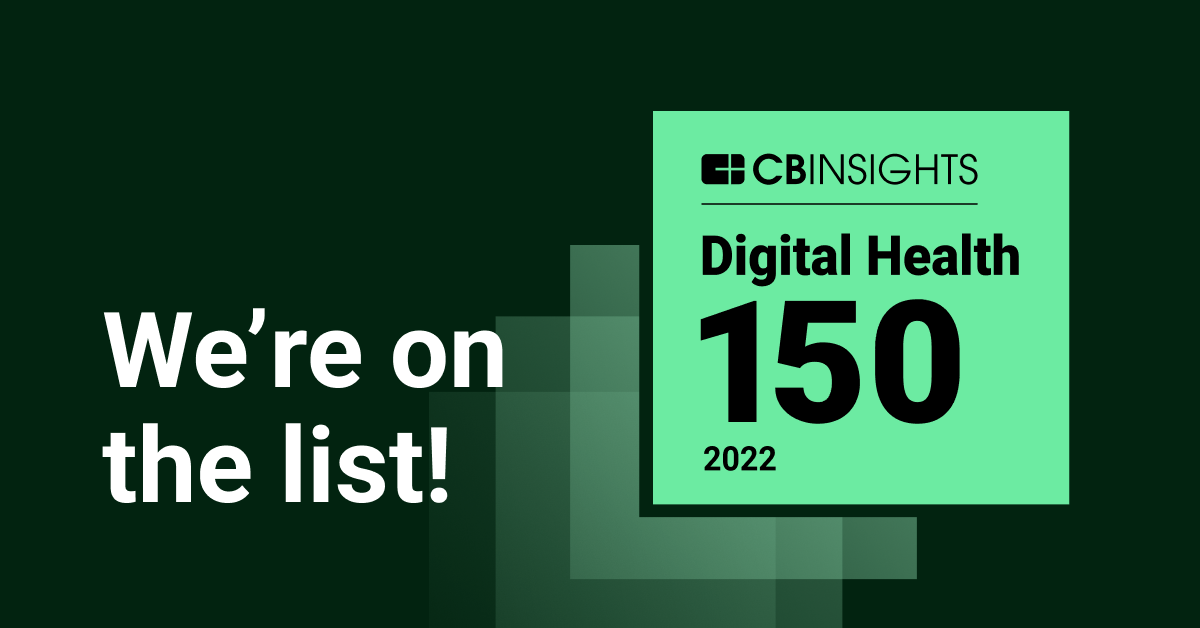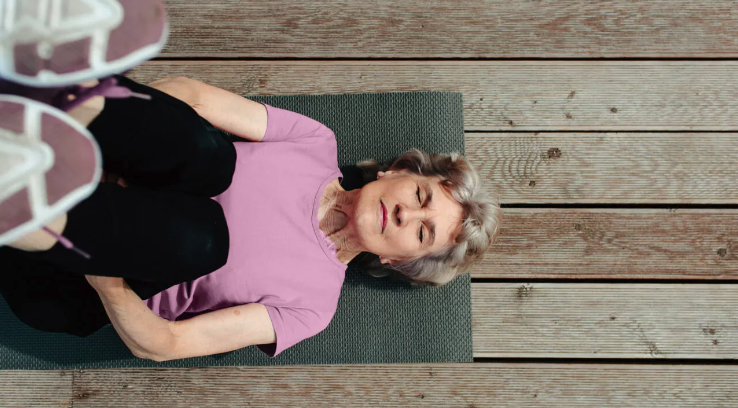Innovative collaboration expands access to rehabilitation services with virtual physical therapy
East Lansing, MI and Walnut Creek, CA – February 7, 2023 – MSU Health Care and RecoveryOne, a leading digital health innovator dedicated to improving clinical and economic outcomes for conditions stemming from musculoskeletal (MSK) disorders, are collaborating to transform the delivery of MSK care to residents in Michigan. In this novel collaboration, RecoveryOne’s clinically-validated virtual platform for MSK conditions will be integrated into MSU Health Care’s network, increasing access to care and expanding services into the home. The virtual services will complement MSU Health Care’s in-person physical medicine and rehabilitation services, helping to improve community health and healing while reducing overall costs.
MSK diseases, such as joint, neck and back pain, affect one out of two Americans and three out of four people over the age of 65. Furthermore, individuals suffering from MSK conditions are four times more likely to report depression and anxiety. Through this collaboration, patients in Michigan will have more options and flexibility to access physical therapy services to fully recover from their MSK conditions.
For example, nearly 20% of the state’s population lives in a rural area and long drives to clinics can be a barrier to recovery, especially when mobility is limited for older Americans. Other individuals may not be able to access traditional medical services due to family or work obligations. In many cases, individuals do not require full in-person services to recover and will find it more convenient to receive treatment virtually. MSU Health Care aims to meet patients where they are from the convenience and comfort of home. In addition, by enabling patients to stay within the MSU Health Care system to receive their care through virtual services, providers will be able to better coordinate care and treatment plans, which can prevent unnecessary and costly surgeries.
“This innovative collaboration will expand physical therapy to our current patients who may not be able to seek care on site due to geographic or other barriers to care. Our musculoskeletal services within our primary care, neurology, rehabilitation, physical therapy, imaging and osteopathic manipulation will benefit from this additional modality,” said Roger Jansen, Chief Innovation Officer of MSU Health Care. “We can evaluate the patient and direct them to either the in-person clinic or virtual therapy. For some patients, we’re aiming to consolidate both into one treatment plan. With RecoveryOne’s help, we are meeting our patients where they are, extending our reach to serve more patients with our current workforce all which increases our value to the community .”
RecoveryOne offers more than 200 clinically-validated, condition-specific pathways and over 2,000 therapeutic exercises that collectively address the entire body, providing the industry’s only full-body virtual physical therapy and MSK solution.The solution dynamically adjusts based on the individual’s performance and healing process and includes Motion Trainer, a sensorless computer vision and AI technology capability that provides visual and audio guidance to help members perform their exercises correctly. In addition, patients have access to physical therapists and certified health coaches via the app, to help them stay on track with their progress. RecoveryOne delivers an enhanced interactive experience that drives better adherence and patient engagement, which leads to better clinical outcomes.
Recently, the Centers for Medicare and Medicaid Services enabled providers such as MSU Health Care to be reimbursed for remote MSK therapeutic services such as monitoring patient adherence and response to therapy. This update opens up new possibilities for care for both patients and providers. Patients have improved access to care at lower costs and physical therapists can offer digital services that not only complement in-person care but also provide more information about the patient.
“This collaboration is a significant step forward in improving the cost, quality, and access to care for individuals in Michigan,” said Mark Luck Olson, CEO of RecoveryOne. “By adding virtual physical therapy, MSU Health Care patients have more flexibility to recover on their terms, making it easier for them to fit therapy into their busy schedules and recover more quickly. Whether it’s getting back to sports or being able to pick up a grandchild, no one needs to suffer needlessly due to lack of access or cost of services.”
###
About RecoveryOne
RecoveryOne is a recovery-focused virtual physical therapy solution for employers, partners, and health plans. In reinventing MSK care delivery, we have created evidence-based programs rich in human-connected care and amplified through technology that help members from head to toe and everything in between. RecoveryOne is reimagining conventional MSK recovery by giving users a highly engaging and tailored experience that reduces costs and speeds recovery. For more information, visit RecoveryOne.com and follow us on LinkedIn.
About MSU Health Care
MSU Health Care is the fully integrated academic health center of Michigan State University, representing more than 600 faculty and affiliate providers. Our commitment to safe, high-quality patient care is realized through our comprehensive services for people of any age, education of the next generation of health care providers and medical research. MSU Health Care providers treat ongoing primary care as well as some of the rarest forms of cancer and neurological conditions along with advanced surgical, pharmaceutical, rehabilitation, therapy and imaging services. With more than 100 affiliates located next door and as far as Ludington, Saginaw, Detroit, and Marquette, MSU Health Care is building hope and healing for Michigan. Our clinical efforts support future advancements through academic and research initiatives at Michigan State University.
https://healthcare.msu.edu/
Press Contact:
Kara Spak
Director, Media Strategy
120/80 MKTG
kara@120over80mktg.com
312.593.0596
